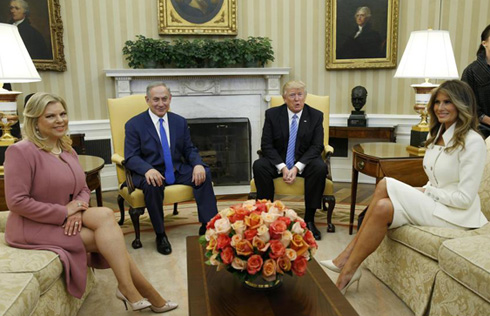Investment likely to continue post-Brexit
Chinese investment has had an impact on economic development in the UK, and Brexit is unlikely to dent the trend, according to a report released by a London-based accountancy.
The Grant Thornton Tou Ying Tracker 2016, which was produced in collaboration with China Daily, was released in Beijing on Wednesday. It says Chinese companies in the United Kingdom enjoyed an average growth rate of 174 percent in 2015. Among them, the 16 fastest-growing State-owned enterprises-known as SOEs-grew at an average of 146 percent. The top 14 privately owned firms grew at 210 percent.
The tracking analysis has been conducted in each of the past four years, explained Simon Bevan, head of the China Britain Services Group at Grant Thornton and coauthor of the report.
"The SOEs led the way into the UK and have built platforms for the private companies that make up the second wave of Chinese investment," he said.
This year's list was heavily populated by SOEs from the energy, technology and financial service sectors, as well as private firms from the manufacturing, technology, retail and consumer sectors.
The report, which is based on records filed at Companies House in London by Chinese-controlled entities, says the 30 businesses on the list employ more than 20,000 people in the UK and had a combined turnover of 9.8 billion pounds ($12.1 billion).
Sacha Romanovitch, CEO of Grant Thornton UK, said Chinese companies are making increasing investment in the UK, despite global concerns about Brexit.
"The figures that I have been told is that, since the Brexit vote, Chinese investment into UK has been up six percent," she said, adding that exiting the European Union may give the UK more freedom to make laws and regulations that facilitate trade and attract investors.
She said Chinese companies may find there are opportunities in areas the UK government is targeting, such as infrastructure, rail, road, energy supply, and hospitals.
Bevan noted that about 44 percent of Chinese companies with a presence in Europe have their headquarters in London, and predicted the situation could continue because the UK's tax rate for companies is low, and that is unlikely to change.
He said the UK is likely to remain "a very competitive financial service leader". And the technology, media and telecom sectors should continue to attract interest.
Angus McNeice contributed to this story.




















